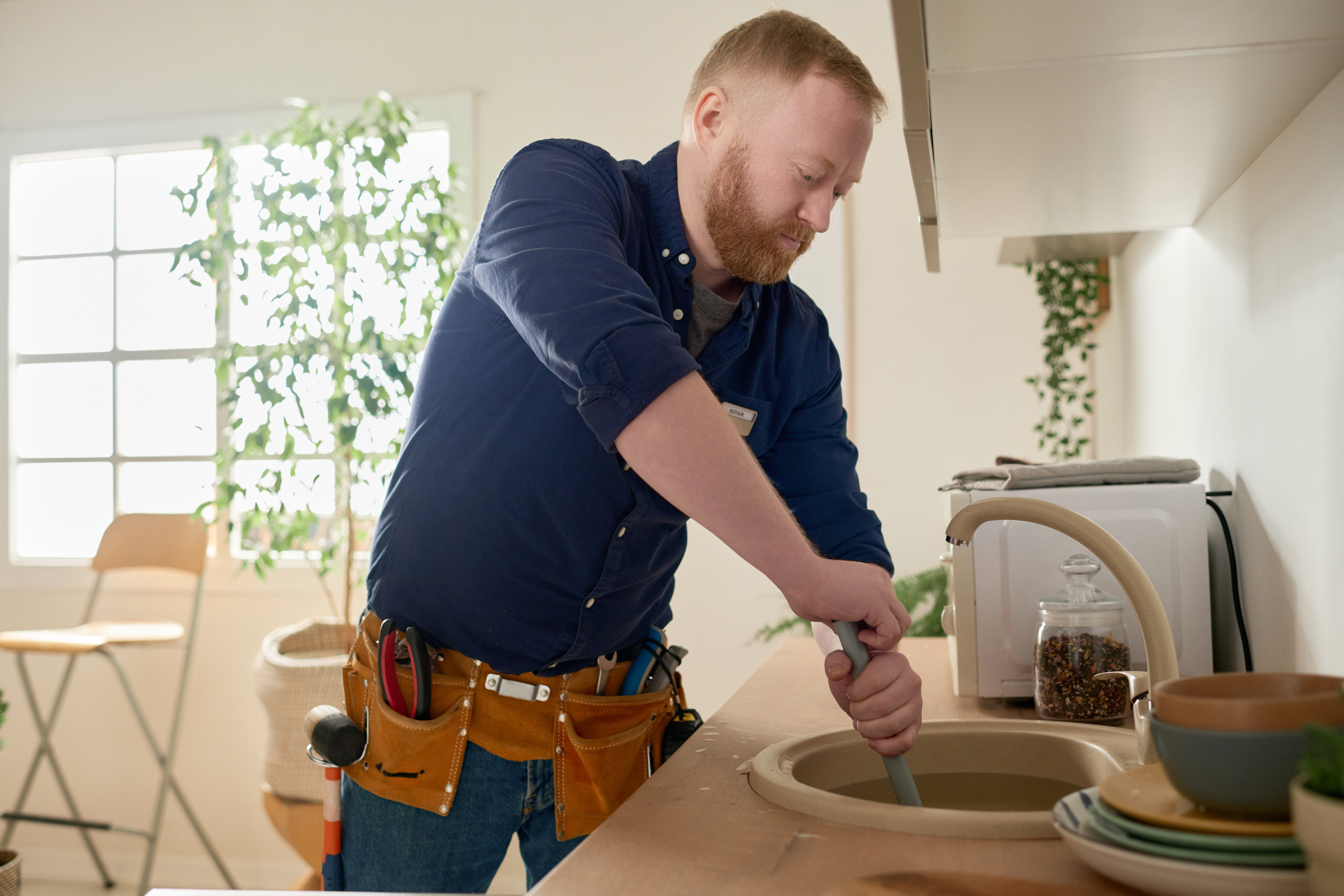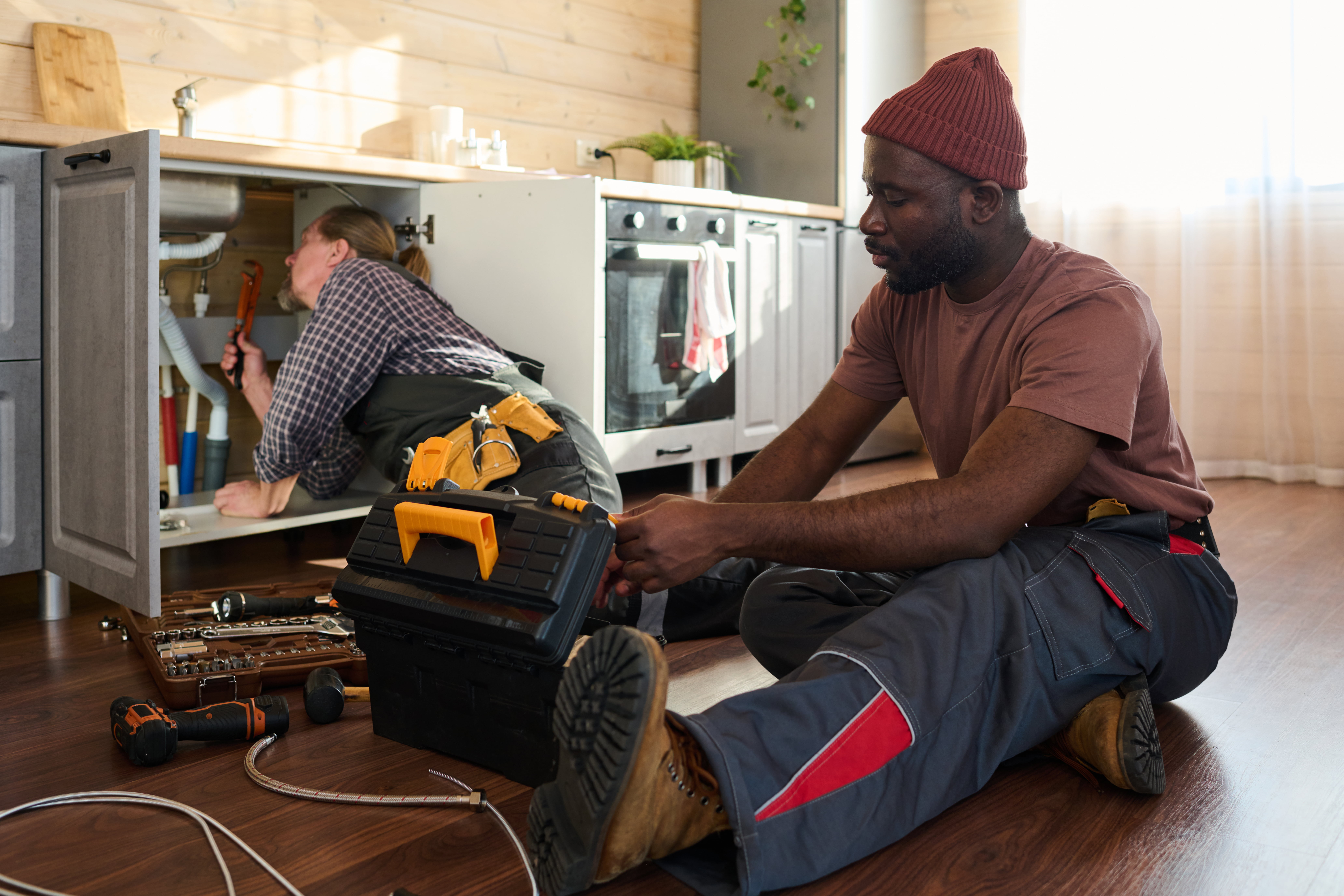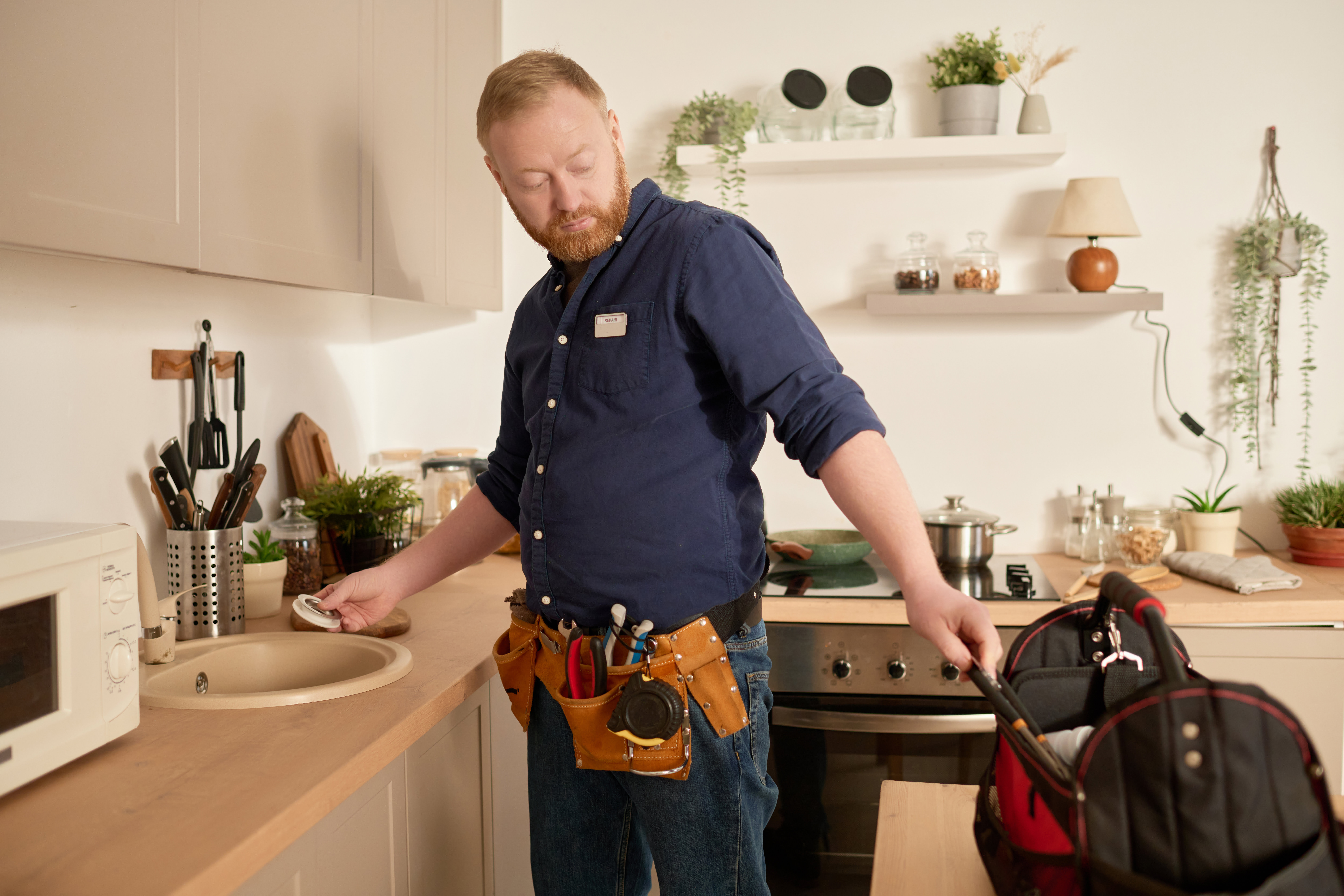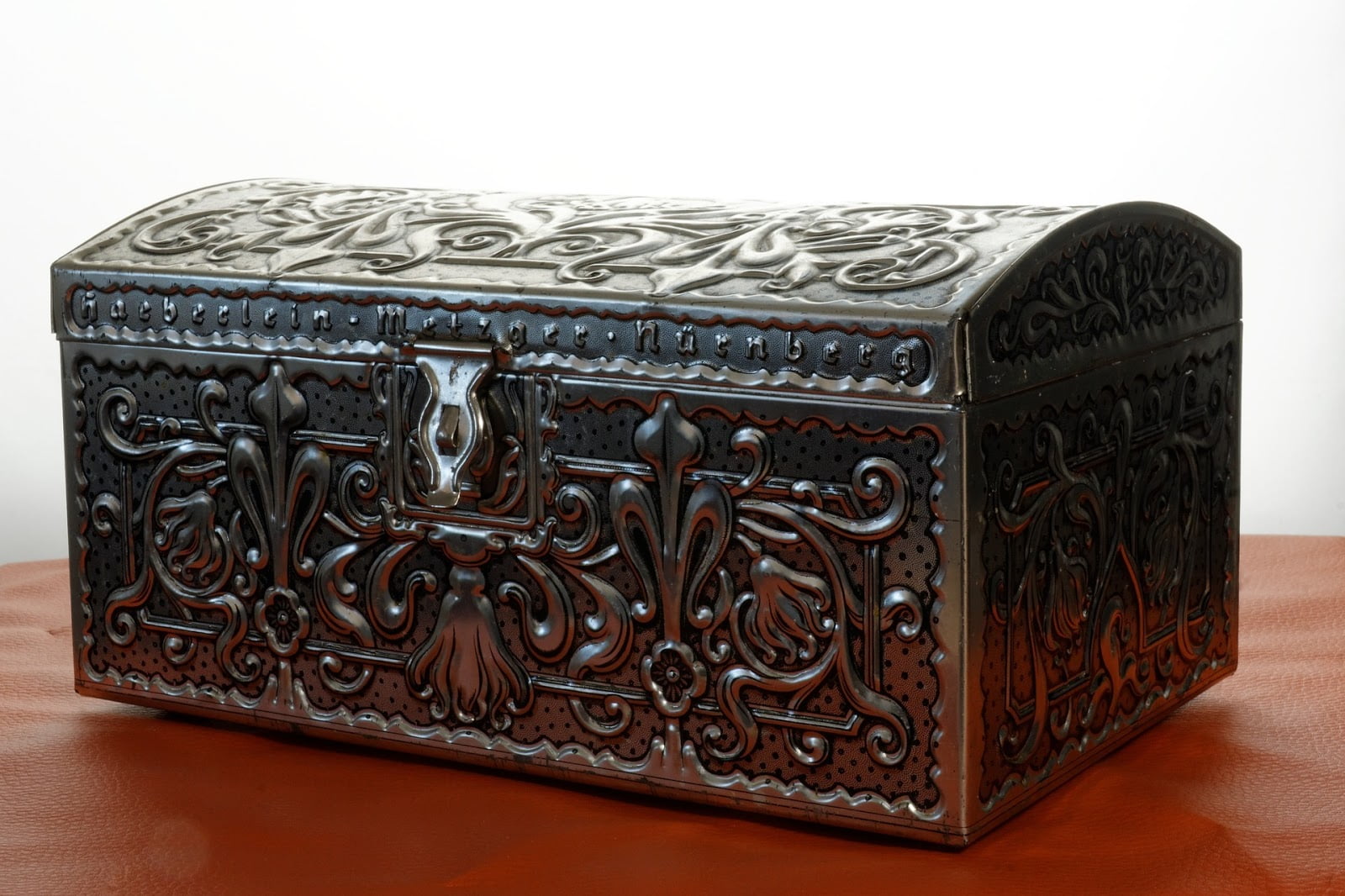As our loved ones age, it can be difficult to know how to best take care of them. Caring for a senior loved one can be a challenging but rewarding experience. You may find yourself dealing with a range of new issues, such as managing medications and helping with mobility. Even though there are many challenges to being a caregiver, however, there are some things that you can do to make life easier for you and your loved one. Let’s take a look at some tips for caring for your older loved ones.
Create a care plan.
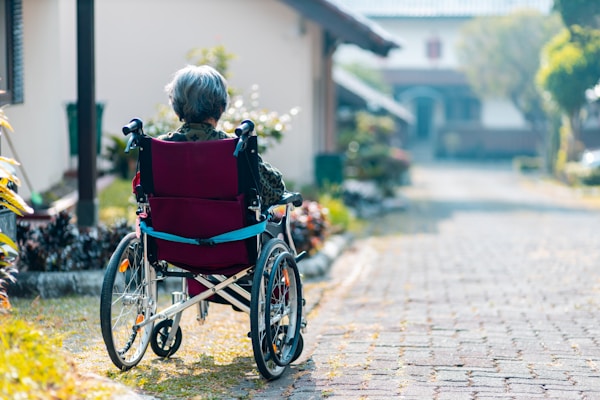
The process of creating a care plan for a senior loved one can seem daunting at first, but it is important to have some sort of plan in place to ensure that your loved one receives the best possible care. You’ll need to assess your loved one’s needs. This includes both physical and emotional needs. Next, you should decide who will be responsible for each aspect of the care plan. This may include family members, friends, or professionals such as nurses or home health aides. Additionally, you’ll want to draft a timeline for implementing the care plan. This will help ensure that everything is done in a timely manner and that everyone involved knows what their responsibilities are.
Make home improvements.
As people age, they may find that they need some home modifications in order to continue living safely and comfortably in their own homes. There are many different home improvement needs that senior adults may have, and luckily, there are many different ways to address them. Some common home modification needs for older adults include installing ramps or stairlifts, widening doorways and corridors, adding grab bars and railings, and lowering countertops and cabinets. These modifications can make it easier and safer for older adults to move around their homes, which can be crucial for preserving their independence.
Another common need that often arises is the need for tub replacement. This is because as people age, they may find it more difficult to get in and out of a bathtub. There are a few different types of bathtub replacement needs that seniors may have. One type of need is for a bathtub that is easier to get in and out of. For example, an older adult may need a bathtub with a built-in seat or a ramp. Another type of need is for a bathtub that is larger in size. This is because as people age, they tend to have a harder time moving around. A walk-in bathtub or shower will also provide easier access to the tub. You can find qualified contractors with years of experience to help make any home modifications for your senior loved one.
Consider nursing services.

Nursing services are an important part of caring for a senior loved one. Nurses can provide critical care and support to seniors, helping them to stay healthy and comfortable. Nurses can also help families to manage the care of their elderly loved ones, providing support and advice when needed. Nurses typically provide three types of services, including medical care, personal care, and emotional support.
Medical nurses provide essential medical treatments and interventions, working with doctors to ensure that seniors receive the best possible care. Personal nurses help with activities of daily living such as bathing, dressing, and eating. Finally, emotional nurses offer supportive counseling and guidance to both older adults and their families. They can help families deal with the stress of caregiving and answer any questions or concerns they may have about elder care.
Encourage physical activity.
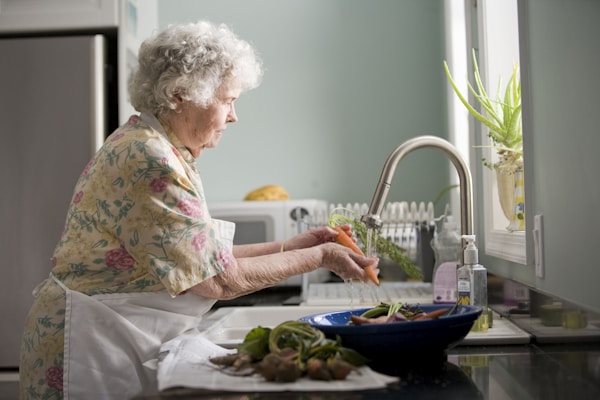
There are many things that caregivers can do to help seniors stay healthy and independent. One important thing is to encourage seniors to stay active. This can be done by participating in activities they enjoy or by taking short walks. Physical activity is imperative for aging adults, and exercise helps keep the body strong and reduces the risk of falls.
One way to make activities enjoyable and stimulating for a senior loved one is to involve them in the planning process. Ask them what they would like to do, whether it’s going for a walk, visiting a friend or family member, watching their favorite movie, or anything else. This will help show that you’re interested in their well-being and give them a sense of control over their life, which can be empowering.
Discuss the importance of communicating with a senior loved one.
Communication is key in any relationship, and this is especially true for those who are caring for a senior loved one. Open communication can help to build trust and keep lines of communication clear. This is important not only for the caregiver but also for the senior loved one. Seniors may need help staying on top of their medications or managing finances, and caregivers can be an invaluable resource in helping them to stay organized and on track.
Open communication also allows caregivers to receive feedback from their seniors about how they are doing. If a senior loved one isn’t happy with something the caregiver is doing, they will likely let them know. This can help to prevent any misunderstandings or resentment from building up. It’s also important for caregivers to communicate with other family members who are helping care for the senior loved one. By working together as a team, everyone can be kept up-to-date on changes or developments in the senior’s health or care plan.
In order to provide the best possible care for an older loved one, it is important to consider all aspects of their life, including physical, emotional, and social needs. Families can help their loved ones stay healthy and happy by providing comprehensive care.






